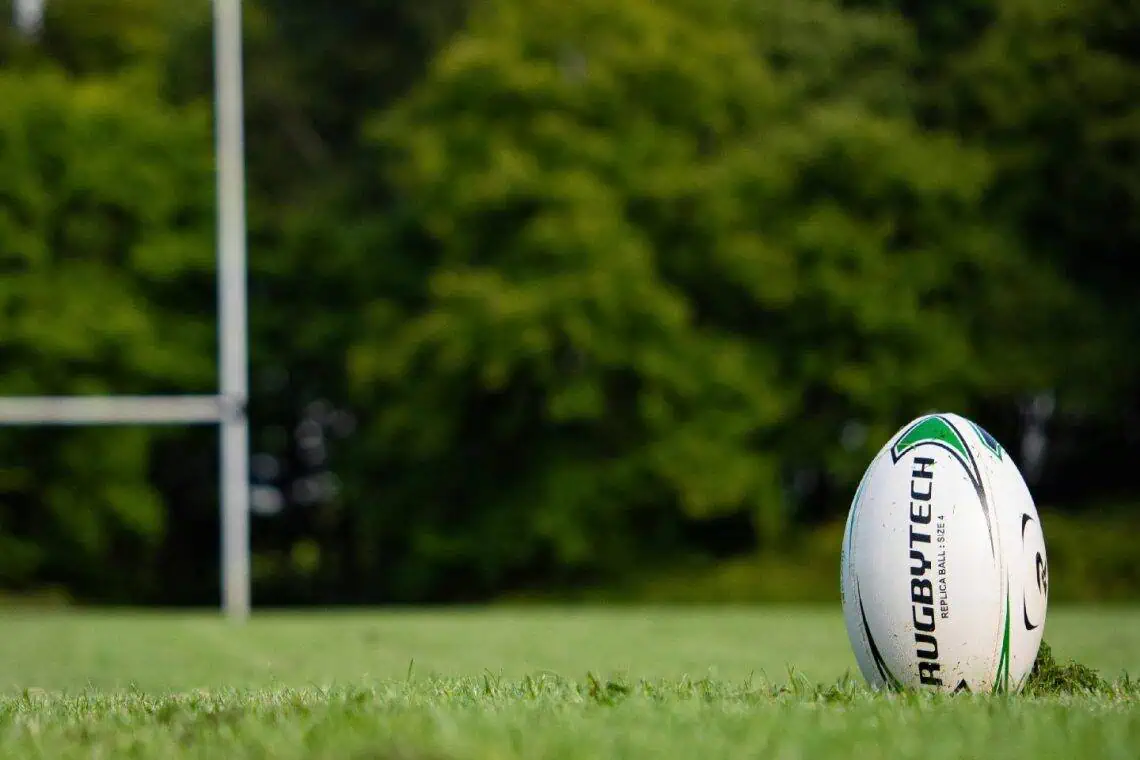In international rugby, change is the only constant. The 2026 Rugby Championship will take a temporary pause, making way for a historic All Blacks tour of South Africa. For Springbok fans, this is not a setback—it’s an opportunity to relive classic touring traditions and intensify one of the sport’s greatest rivalries. Here’s what you need to know about this global calendar shift and its implications for South African rugby supporters.
Global Rugby Calendar Overhaul
World Rugby is reshaping the international schedule to create a more sustainable and engaging calendar. A key innovation is the Nations Championship, a biennial tournament featuring the top 12 rugby nations in two divisions. Scheduled for 2026, 2028, and 2030, the tournament will occupy key July and November windows to boost global interest and revenue.
SANZAAR, the governing body for southern hemisphere rugby, has updated its five-year calendar from 2026 to 2030. The Rugby Championship, traditionally featuring New Zealand, South Africa, Australia, and Argentina, will not take place in 2026 and 2030 to accommodate special tours and align with the Nations Championship. The tournament will proceed in full during 2027—a Rugby World Cup year—followed by editions in 2028 and 2029. These changes balance club commitments, player welfare, and high-stakes international fixtures.
For South Africa, this means fewer games against Australia and Argentina in certain years but allows for more focused, narrative-driven series. The 2026 pause clears the slate for New Zealand’s full tour, a nod to rugby’s historic touring tradition.
The All Blacks’ “Old School” Tour
It has been over three decades since the All Blacks embarked on a comprehensive tour of South Africa, including midweek matches against provincial sides. The 2026 tour revives this tradition with an eight-game series called “Rugby’s Greatest Rivalry.” Kicking off in August, the tour spans cities across South Africa, blending Test matches with clashes against United Rugby Championship (URC) teams and a South Africa A side.
| Date | Opponent | Venue |
|---|---|---|
| Thursday, August 6 | Stormers | DHL Stadium, Cape Town |
| Monday, August 10 | Sharks | Kings Park, Durban |
| Friday, August 14 | Bulls | Loftus Versfeld, Pretoria |
| Friday, August 21 | South Africa (1st Test) | Ellis Park, Johannesburg |
| Tuesday, August 25 | Lions | Ellis Park, Johannesburg |
| Saturday, August 29 | South Africa (2nd Test) | FNB Stadium, Johannesburg |
| Saturday, September 5 | South Africa A | Toyota Stadium, Bloemfontein |
| Saturday, September 12 | South Africa (3rd Test) | DHL Stadium, Cape Town |
This itinerary mirrors classic touring schedules, testing squad depth and endurance. Johannesburg hosts two Tests, while Cape Town opens and closes the tour. Under coach Scott Robertson, the All Blacks will immerse in South African rugby culture, but home advantage remains with the Springboks.
Why Springbok Fans Benefit
For Springbok supporters, the 2026 pause is a hidden advantage. Fans get three full internationals plus the SA A match, providing a platform to showcase emerging talents. This extended series intensifies the All Blacks-Springboks rivalry, widely regarded as rugby’s pinnacle.
Local URC teams such as the Stormers, Sharks, Bulls, and Lions will face world-class opposition, boosting domestic interest and giving selectors insights into player form. Imagine packed stadiums with fans experiencing midweek clashes and high-stakes Tests—a spectacle bridging generations of rugby fans.
The tour will also benefit the local economy, with an influx of visiting fans and media energizing tourism and hospitality. With the Springboks as reigning World Cup champions, strong home performances could cement their status as the top side ahead of the 2027 World Cup in Australia.
Looking Ahead: 2030 and Beyond
The rivalry extends beyond 2026. South Africa will tour New Zealand in 2030, with midweek games against Super Rugby Pacific sides and multiple Tests at iconic venues such as Eden Park. By then, the Nations Championship will be well established, adding new layers of competition and promotion-relegation stakes.
Traditional fixtures, including the Bledisloe Cup, will continue to be preserved within the revamped schedule, ensuring the Rugby Championship’s prestige when it returns in 2027.
The Bigger Picture
This calendar shift is a strategic move to grow rugby globally. The integration of the Nations Championship and revival of traditional tours aims to attract new audiences while honoring rugby heritage. The 2026 All Blacks tour promises fierce battles, packed stadiums, and memorable moments for Springbok fans, blending the sport’s past glory with its future.
While the temporary absence of the Rugby Championship may disappoint some, the trade-off is a richer, more narrative-driven rugby experience. August 2026 marks the start of a season that celebrates tradition, rivalry, and home-ground pride.
